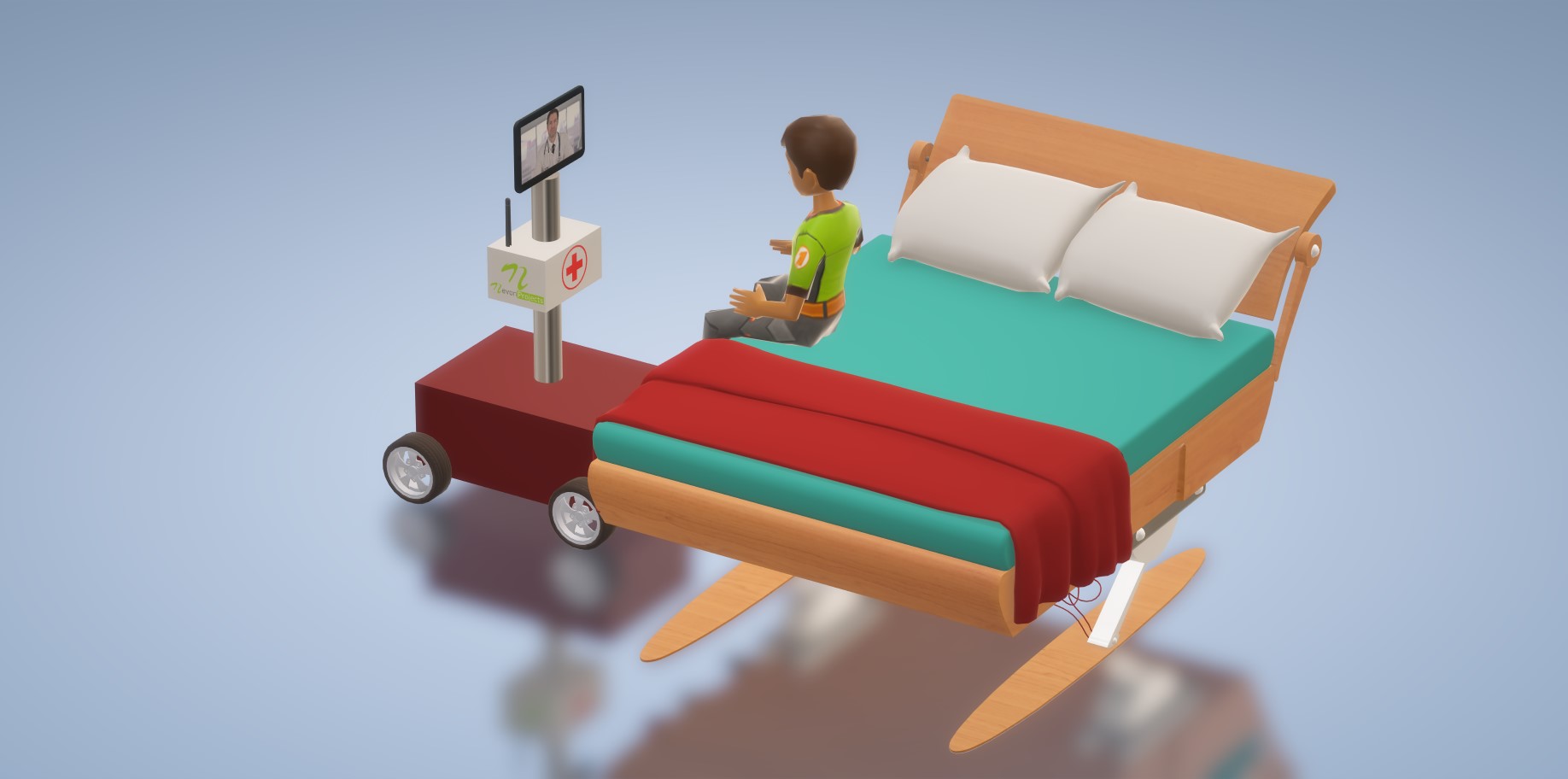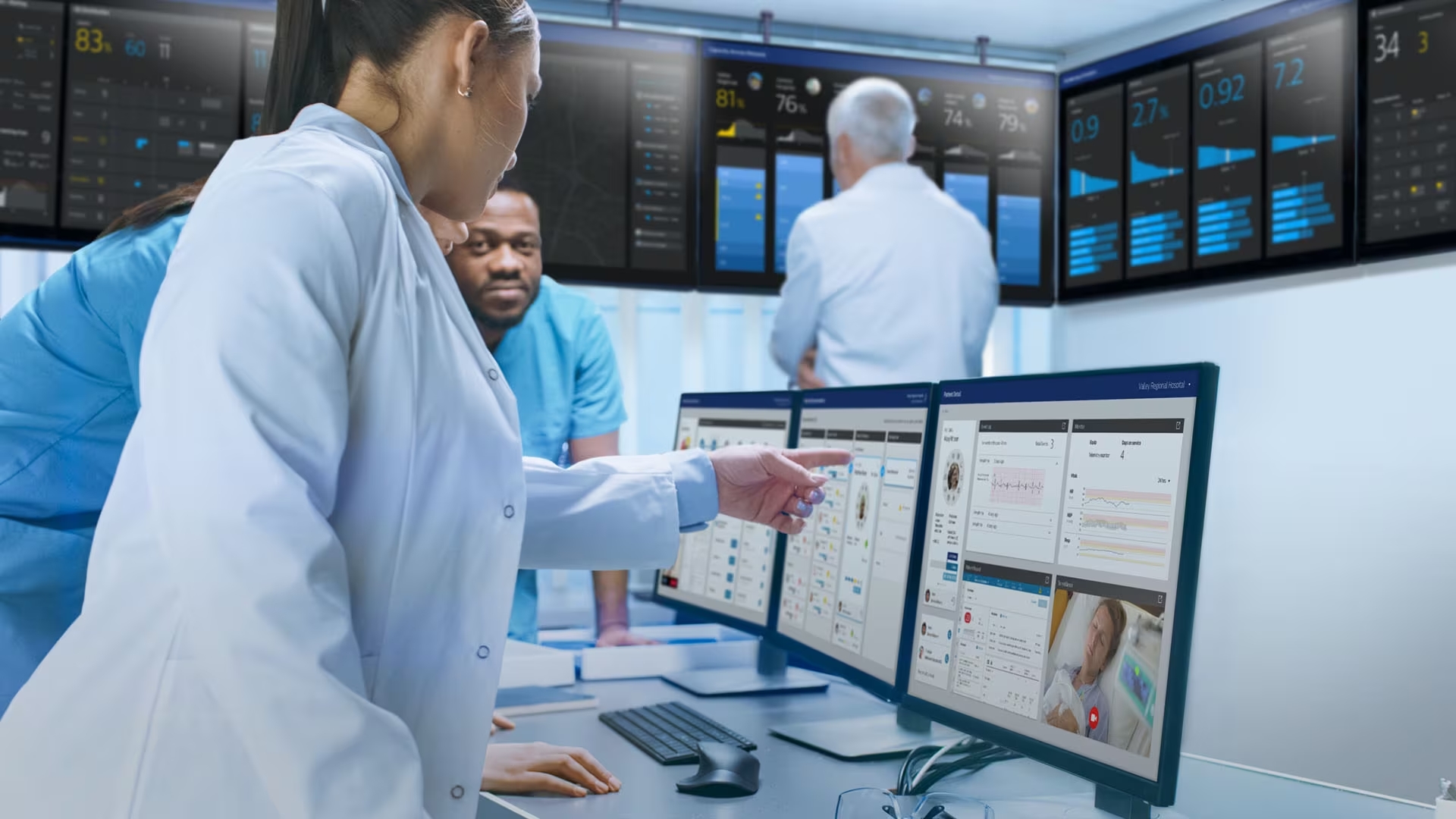Hey there, have you noticed how technology seems to be impacting nearly every industry these days? Healthcare is no exception. Technology is rapidly transforming the healthcare field, from electronic health records and telemedicine to artificial intelligence and virtual reality. These innovations are improving the quality of care, increasing access, and lowering costs. Whether you’re a patient, or doctor, or work in healthcare administration, technology is radically changing the way we approach medicine and how we experience it. In this blog, we’ll explore some of the technologies revolutionizing healthcare and how they’re shaping the future of the industry. The healthcare system you know today will likely look very different in the coming years thanks to continued progress in science and tech. The future is bright, so let’s dive in!
Wearable Devices and Remote Monitoring: How Technology Is Enabling Preventive Care
Wearable devices and remote monitoring are enabling preventive care like never before. With fitness trackers and smartwatches, you can keep tabs on key health metrics 24/7. Many track heart rate, sleep quality, steps taken, and calories burned. Some go further and monitor blood oxygen levels, blood pressure, and temperature.
The data from these devices allows you and your doctor to spot potential issues early on. For example, if your resting heart rate starts spiking or your blood oxygen levels drop, it could indicate a health condition that requires diagnosis and treatment. Remote monitoring also means your doctor can keep tabs on chronic conditions without an office visit.
Telehealth and virtual care make it easy to connect with your doctor from anywhere. If your wearable device alerts you to a concerning health change, you can schedule a video visit to review the data, get diagnosed, and receive a customized care plan. There’s no need to rush into the emergency room or urgent care.
Wearable tech and virtual care save time, money, and, most importantly, lives. They make preventive care and chronic disease management accessible to more people. And in an era of social distancing, they’ve enabled healthcare providers to continue serving patients while minimizing virus exposure risks. The innovations transforming healthcare are both exciting and empowering. The future is here – you just have to put it on your wrist!
Telemedicine and Virtual Visits: Increasing Access to Care Through Digital Connectivity
Telemedicine allows you to meet with your doctor through video chatting services like FaceTime or Skype. No more waiting for an appointment or driving to the clinic. You can connect with your physician on your schedule.
Telehealth appointments are ideal for minor conditions that don’t require an in-person exam. Have a sinus infection or pink eye? A virtual visit will do. Your doctor can assess your symptoms, diagnose the issue, and call in a prescription to your local pharmacy if needed.
Increased Access for Rural and Homebound Patients
For those in remote areas or unable to easily leave home, telemedicine can be a lifesaver. It provides a way to get medical advice and treatment that might otherwise be unavailable. Studies show patient satisfaction with virtual care is very high, especially when the alternative is no care at all.
Of course, telehealth isn’t for every medical need. Anything requiring hands-on examination, testing, or procedures still necessitates an office visit. But for many routine matters, a video chat with your physician works great and helps free up their schedule for more urgent cases.
Technology has transformed how we live and work in so many ways. It’s exciting to see healthcare evolving through digital connectivity, allowing doctors to treat more patients more efficiently and giving people easier access to quality care when and where they need it most. The future of medicine is virtual, and the benefits are real.
Artificial Intelligence and Big Data: Leveraging Data Analytics to Improve Care and Outcomes
AI and machine learning are enabling huge advances in healthcare. By leveraging massive amounts of data, computers can detect patterns to improve diagnosis, treatment, and outcomes.
Predictive Analytics
Using AI, hospitals can analyze huge datasets of patient data, treatments, and outcomes to identify patterns. This helps doctors predict risks, determine the best courses of treatment based on a patient’s profile, and reduce readmission rates. AI is also helping radiologists detect diseases in medical scans with greater accuracy.
Personalized Medicine
With access to genetic data and health records, AI systems can identify how individuals may respond to different medications or treatments. This allows doctors to prescribe customized treatment plans based on a patient’s unique biological makeup. AI is enabling truly personalized medicine.
Automating Routine Tasks
AI is helping automate many routine tasks like paperwork, prescription filling, and diagnosing common conditions. This allows doctors and nurses to spend more time with patients. Chatbots and virtual assistants are also handling patient queries and helping schedule appointments.
While still an emerging field, AI and big data have huge promise for improving healthcare outcomes and reducing costs. With massive datasets and powerful algorithms, AI can unlock insights and patterns at a scale far beyond human capability. Yet AI cannot replace physicians and nurses. Their expertise, judgment, and empathy remain essential to delivering high-quality, compassionate care. AI is a tool, not a substitute, for the human touch. But by leveraging data and automating routine tasks, AI allows caregivers to focus on what they do best in caring for patients. The future of healthcare will be a partnership between humans and machines.
Conclusion
So that’s how technology is revolutionizing healthcare as we know it. Innovations are emerging every day to help improve patient outcomes, increase access to care, streamline processes, and enhance the overall patient experience. The future certainly looks bright. As technology continues to advance, healthcare will only get better, more affordable, and more accessible for people everywhere. We’ve come a long way in a short amount of time, but the best is yet to come. Stay tuned for more exciting innovations that are sure to transform healthcare in ways we can only imagine. The role of technology in the healthcare industry will be exciting to watch in the years to come.




Leave A Comment